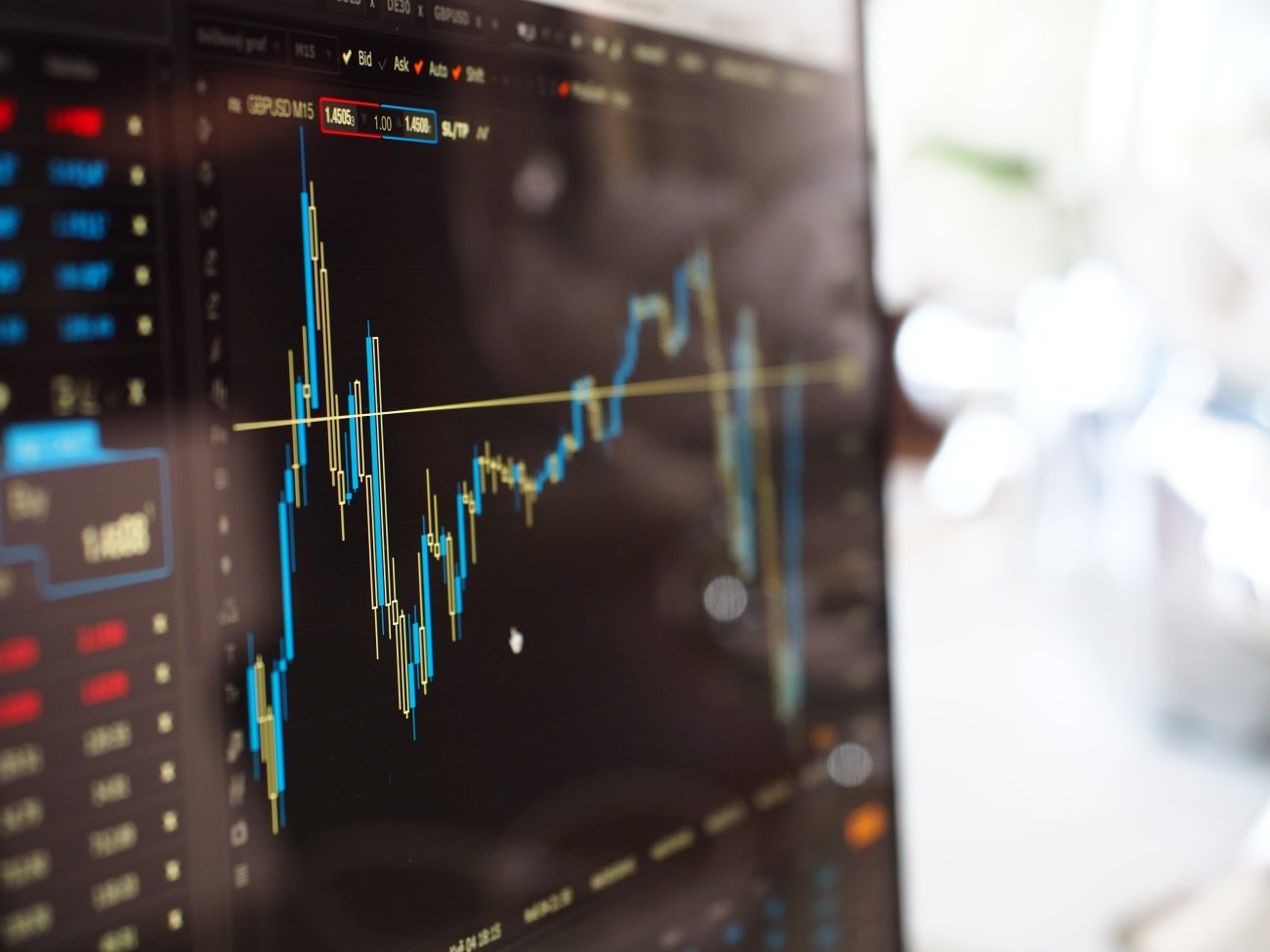Forex regulation: Ensuring a safe and transparent trading environment
The foreign exchange (forex) market, known as the largest and most liquid financial market worldwide, offers abundant investment opportunities to traders. Forex presents a dynamic landscape for profit potential with its vast trading volume and constant fluctuations. However, this global and decentralised nature also introduces inherent risks that traders must navigate.
Safeguarding investors and maintaining market integrity is crucial, and robust forex regulations are pivotal in creating a secure and transparent trading environment. By establishing rules and standards, regulatory bodies ensure fair practices, protect against fraud and manipulation, and foster trust among market participants. These regulations promote investor confidence, encourage market stability, and contribute to the growth of the forex market.
The importance of Forex regulation
Forex regulation is crucial in safeguarding traders and upholding the market’s integrity. By imposing strict rules and guidelines, it acts as a shield against fraudulent practices, including price manipulation and insider trading. These illicit activities can inflict significant financial losses on unsuspecting traders.
Regulatory bodies diligently oversee forex brokers, ensuring their compliance with fair trading practices. They also impose capital requirements to safeguard traders’ investments, fostering a secure and trustworthy trading environment. The presence of robust forex regulation instils confidence among traders and fosters a level playing field, promoting transparency and fairness in the market.
Major regulatory bodies
Prominent regulatory bodies include the US Commodity Futures Trading Commission, the UK’s Financial Conduct Authority, and the Australian Securities and Investments Commission. These entities set stringent standards for forex brokers, enforce compliance, and take disciplinary action against those who violate the rules. They also provide education and dispute resolution services to help traders make informed decisions and resolve issues with brokers.
Regulatory challenges and the way forward
Despite the significant strides achieved in forex regulation, ongoing challenges must be addressed to maintain a fair and transparent market that benefits traders and investors alike. One of these challenges lies in keeping up with the rapid technological advances that constantly reshape the trading landscape.
As new technologies emerge, regulators must evolve and adapt to oversee an increasingly digital forex market effectively. It includes staying updated on the latest trading platforms, digital currencies, and automated trading systems. Regulators must have the necessary knowledge and tools to navigate and regulate these advancements, ensuring that market participants are protected and that the market operates efficiently.
By staying abreast of the latest advancements, regulators can effectively monitor and address potential risks associated with these technologies, such as cybersecurity threats and market manipulation. Additionally, it enables regulators to identify and implement necessary safeguards and regulations to maintain market integrity.
In this ever-evolving digital era, it is imperative for regulators to proactively engage with industry stakeholders, collaborate with technology experts, and foster an environment of continuous learning and adaptation. By doing so, regulators can effectively address the challenges posed by technological advancements and ensure that the forex market remains a trusted and reliable platform for global trading activities.
How to include Forex regulation into your trading plan
When considering entering the forex market, conducting thorough research on your chosen broker’s regulatory status is crucial. A regulated broker will provide higher protection for your investments and ensure you are trading in a fair and transparent environment.
Traders must also educate themselves on the regulations of the relevant authorities in their jurisdiction. It includes familiarising themselves with capital requirements, leverage limits, and other guidelines that may impact their forex trading plan.
Traders should also be aware of the regulatory bodies’ dispute resolution services if they encounter issues with their broker. These services can act as a safety net for traders, allowing them to address any concerns or disputes.
The role of individual traders in a regulated Forex market
While institutional investors and market regulators play a crucial role in upholding forex regulation, individual traders also have a part to play. As participants in the market, traders must adhere to ethical trading practices and comply with regulatory guidelines.
By following these rules and regulations, traders contribute to maintaining market integrity and promote a level playing field for all market participants. It also helps to build confidence in the market, attracting more investors and driving market growth.
Individual traders should also report suspicious or fraudulent activities to the relevant regulatory bodies. By doing so, they play a crucial role in identifying and preventing potential risks and ensuring a fair and transparent trading environment.
Forex regulation is vital in creating a safe and transparent trading environment that benefits all market participants. While challenges exist, continuous efforts by regulators and cooperation from traders are crucial in maintaining market integrity and promoting a fair and efficient forex market. As a forex trader, it is critical to stay informed on regulatory developments and only engage with regulated brokers to ensure the security of your investments.
Final thoughts
Forex regulation is crucial in ensuring a safe and transparent trading environment, protecting traders from potential risks and fostering confidence in the market. While challenges persist, ongoing efforts by regulatory bodies worldwide are crucial to maintaining market integrity and promoting fair and transparent forex trading.
As a trader, it is essential to only engage with regulated brokers and stay informed on regulatory developments that impact the forex market when trading forex. This way, you can trade confidently, knowing your investments are safeguarded.





